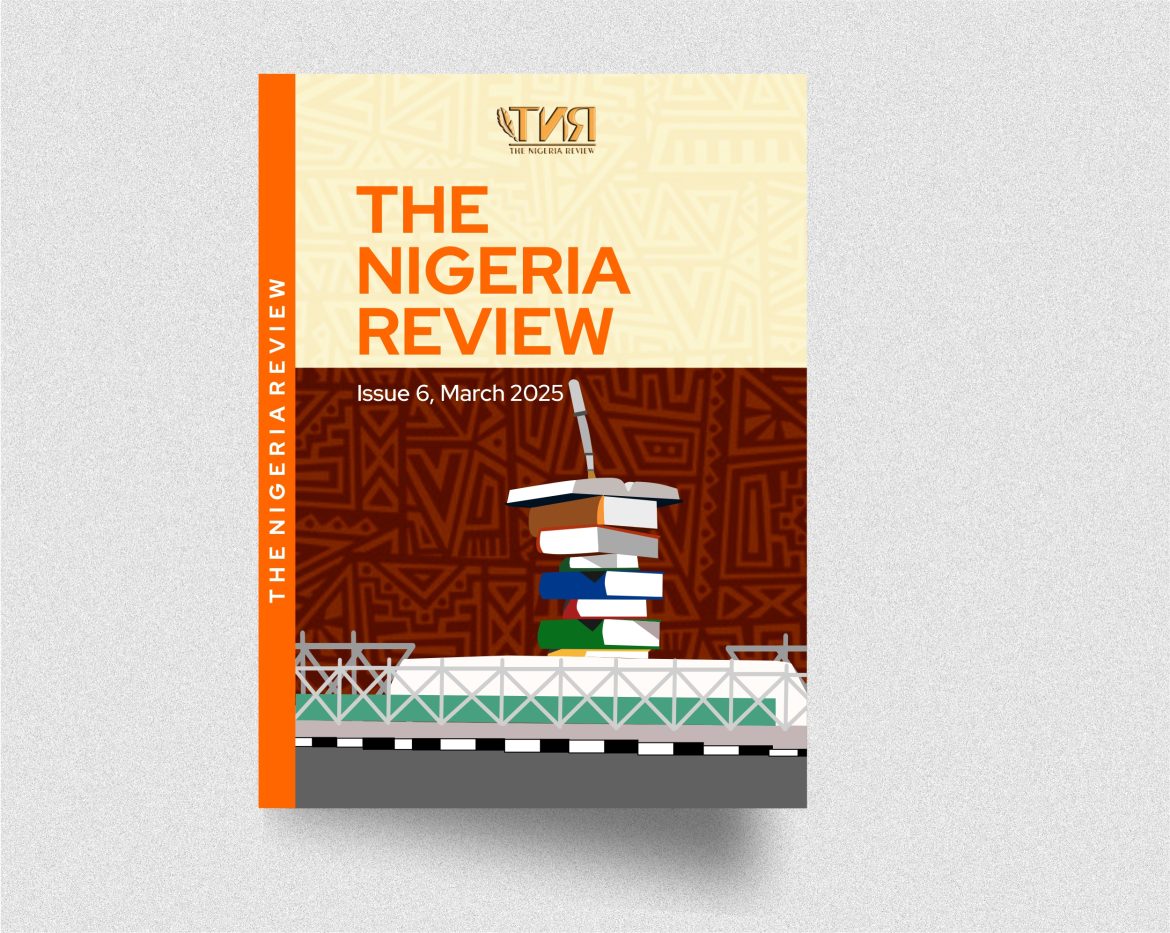This issue is a manifesto of some sort. Had I the chance, I would make it more concise, because manifestos, if they would not be misinterpreted, must show the worth of its title with the clarity, brevity, and clinical importance of a good poem. Reading through the pieces that made it through to me, I have concerned myself not just with the writing quality— the fineness and the progress of thought, the logical accuracy of analysis, and so on. To have made it to me means, anyway, that each piece possesses one or more of these qualities, no matter if it is in degrees. My attention nonetheless, is to pieces that attempt to show those movements, those literatures, and those issues that, assessed in relation to the general priority of things in Nigerian literature, that may not make it to the frontline.
This issue has been curated, then, to draw attention to these issues, relatively new and seemingly commonplace. With the publication of Umar Abubakar Sidi’s Poet of Dust, for example, attention has accrued around the renaissance of Sufi poetry within the spectrum of contemporary Nigerian poetry. However, less attention is being paid to its insurrectionist tendencies, or, as Paul Liam writes, “the dilemma of interpretation and censorship by [Islamic] conservatives against the propagation of Sufi ideals.”
In the same measure, Ismail Bala’s review of A.I Sabo’s Songs of a Bard is also an emphasis on: a) the impact of, as Adedayo Agarau writes in his brilliant Ex-puritant essay, “small hubs, community culture, and language already established by writers before” which is the foundation of writers who then go mainstream, and b) the digital inscription of Nigerian literature. Read this way, the functional relevance of Edward I. Gar’s review of Nyitse’s Sevhage-published Desert of Reincarnated Lifetimes is not only revealed. It also analyses to what extent the book engages its primary concern, which is life.
And who can dispute the need for Eniola’s review of Olumide Manuel’s Oyeku, a book that implicitly reflects the cultural collaborations occurring across genres and modes of Nigerian art—music, film, (digital) art, etc.,— the aim of which is to regain a kind of equilibrium in the global space. Put Oyeku, for example, side by side with Teledalase. See what is the symphony inside Kvng Vinci’s Hausapiano, altefuji, and Fimí’s rap.
It is in this light that this issue is a manifesto, and why I have ensured the delicacy of each piece. It principally contributes to a review of contemporary Nigerian Literature, and the principles that underlie the rigour of its continuous formation.
Works In This Issue
- THE NEW SUFI POETS OF NORTHERN NIGERIA AND THE DILEMMA OF MEANING | Paul Liam
- Interrogating Mysticism, Misery, and Mortality: a Review of Olumide Manuel’s Òyèkú | Eniola Abdulroqeeb Arowolo
- A Reading of Leticia Mbaiver Nyitse’s A Desert of Reincarnated Lifetimes | Edward L. Gar
- Gender politics and the Myth of the Jealous Sea-King in Elechi Amadi’s The Concubine | Clara Ijeoma Osuji
- A Review of The Songs of a Bard by A. I. Sabo | Ismail Bala
Isaiah Adepoju is a fellow of two national writing residencies, a fellow of UNDERTOW Poetry Fellowship, UK, and the 2022 HIASFEST Star Prize winner. He has been shortlisted for the Alpine Fellowship Poetry Prize, won the Lagos-London Poetry Prize, and his debut novel was published in the UK in 2024.
He currently interns as an editor at 20.35 Africa Journal.

